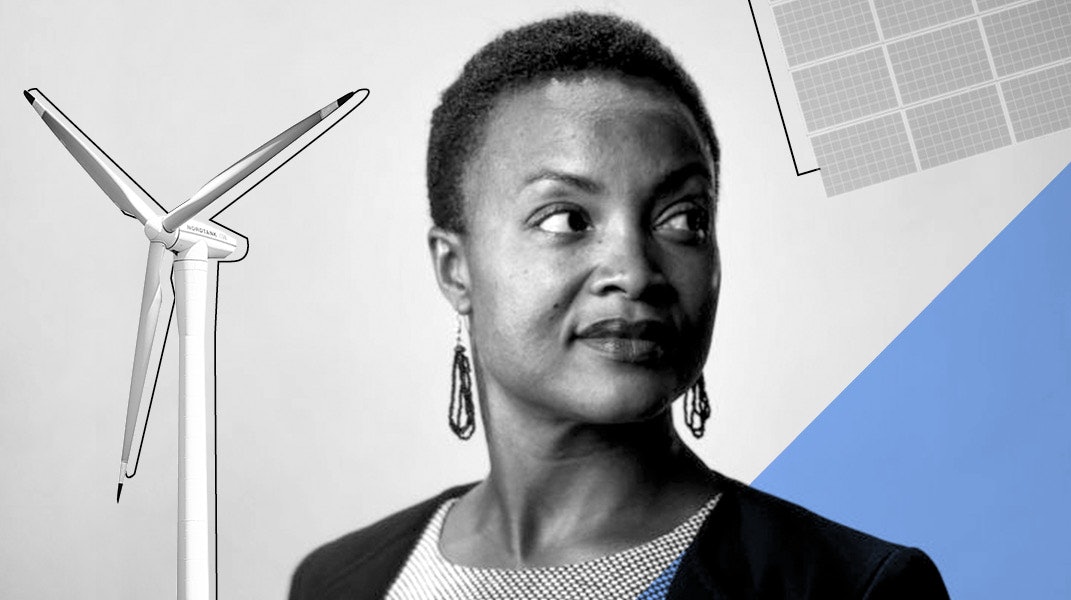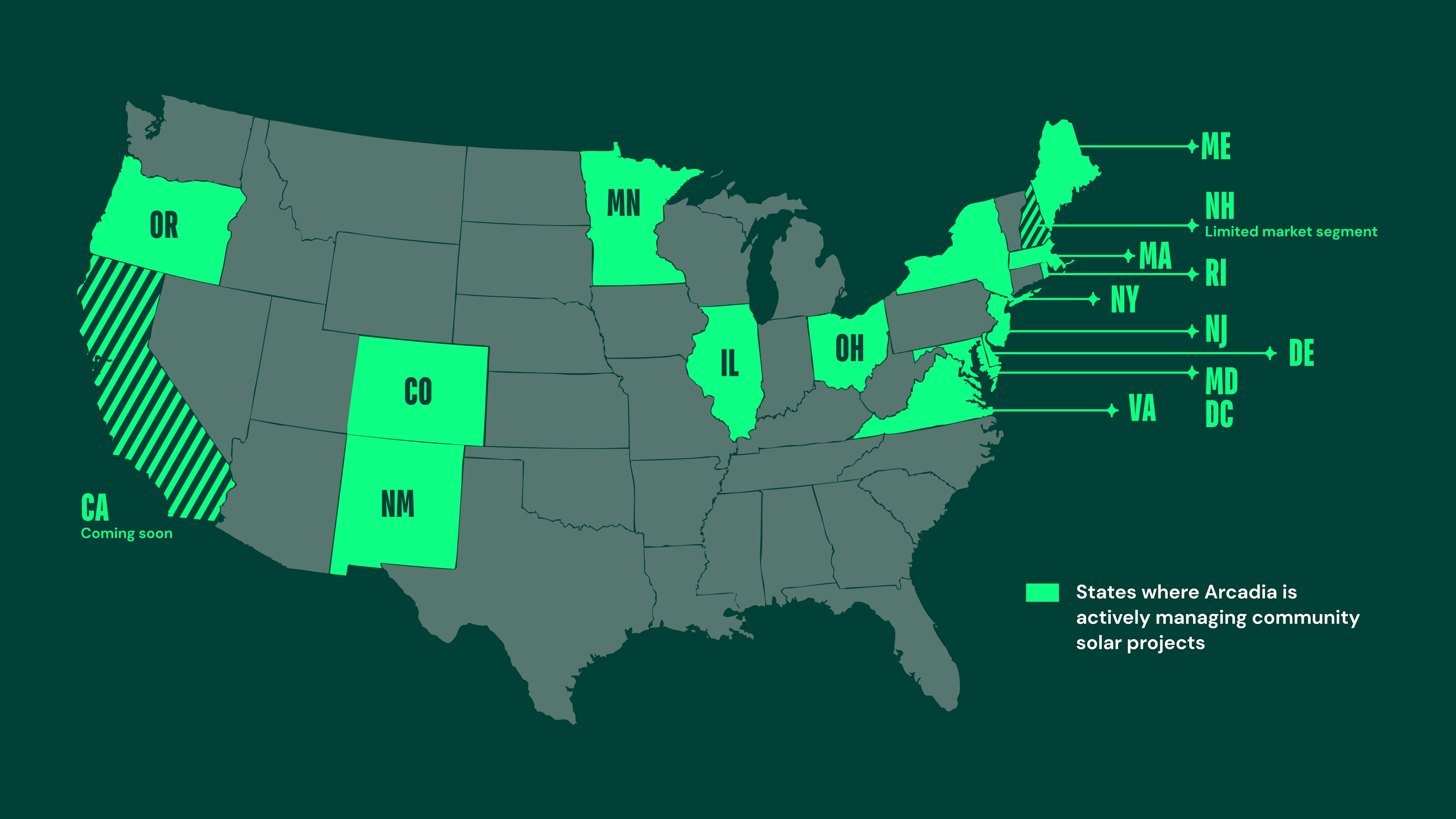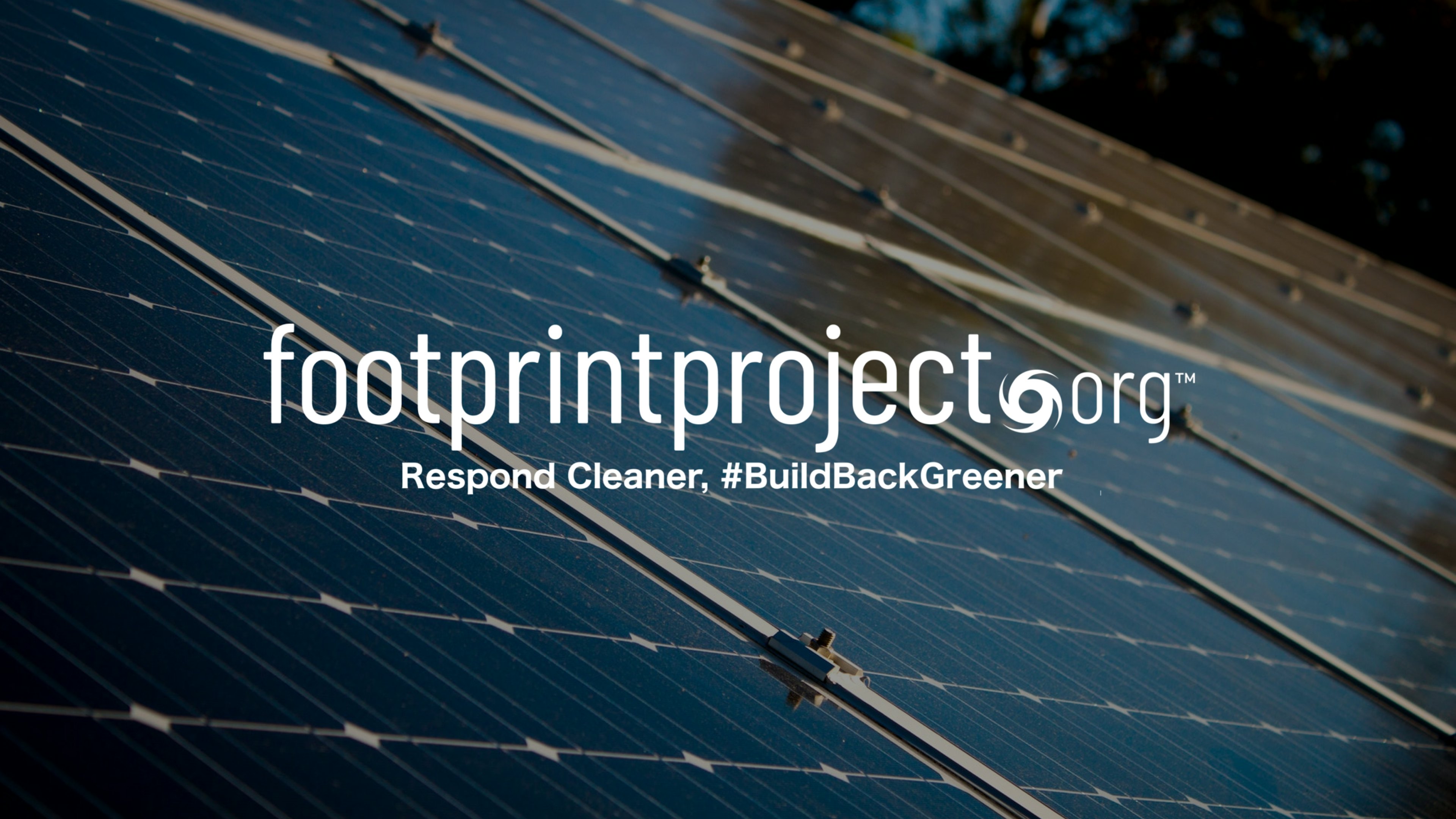Q&A with Shalanda Baker, co-founder of the Initiative for Energy Justice

Power Dynamics is an interview series highlighting the work, ideas, and voices of advocates working to build a clean energy future that is accessible, workable, and just for all.
You’d be hard-pressed to find anyone more passionate about energy justice than Shalanda Baker. She teaches about it as a professor of law, public policy, and urban affairs at Northeastern University. She co-founded the Initiative for Energy Justice to help communities create energy-just policies. She wrote a book about it, Revolutionary Power: An Activist’s Guide to the Energy Transition, that she describes as “part love story, part memoir, and part policy guide.”
Baker’s path to energy justice actually began in law school. “I went to law school to do civil rights law, and my heart was always sort of in that place,” she says. Since then, her career has taken her all over the world, from Japan to Mexico, where her interest in energy justice really took off. She realized that she could use her background as a project finance lawyer to help indigenous communities in Oaxaca, Mexico fight exploitative energy policies.
You have to actively work to do things differently in order to create pathways for a just transition.
She didn’t expect to find her life’s work in Oaxaca, but that’s exactly what happened. “I kind of got deeper and deeper down the rabbit hole that allowed me to develop deep expertise in international development, climate change, and indigenous rights law,” Baker explains. Since then, energy justice work has been her primary focus as a scholar and an advocate.
Professor Baker was kind enough to spend some time recently talking to Arcadia about her work.
Our conversation has been edited for clarity and length.
Arcadia: You’ve had a fascinating career trajectory, from project finance lawyer to energy justice advocate. How does a jump like that happen?
Shalanda Baker: I found myself at a law firm in part to pay loans, but also to learn. I was fortunate enough to be transferred to my law firm's Tokyo office. I landed in Tokyo a week after Lehman Brothers filed for bankruptcy protection. This was in fall of 2008. The world was collapsing, but it was the year that President Obama was elected. It was also the hottest year on record.
For me, it was a moment to really check in with where I wanted my life to lead and what value I wanted to add to the world. I was in search of more meaningful work and thought I would be doing some advocacy with communities fighting against coal and oil and gas — more on the extractive side. But I got sucked into this amazing place called Oaxaca, Mexico. It’s vibrant, it's one of the most indigenous places in Mexico in terms of the variety of indigenous cultures actually concentrated there. But it's also one of the poorest places in Mexico and one of the windiest places in the world. So the people there were facing the same dynamic [with wind energy] that I had learned about with coal and oil and gas in other indigenous communities around the world. That was just an interesting confluence of circumstances and events.
Was energy something that you’d always been interested in?
When I was practicing law, I was a project finance lawyer. We helped to finance large energy projects. I spent the first few years of my legal career understanding how large energy transactions were put together. I was an energy lawyer, for lack of a better term. I didn’t realize I would make it the focus of my research as a law professor. But I kind of got deeper and deeper down the rabbit hole that allowed me to develop deep expertise in international development, climate change, and indigenous rights law.
I think it’s easy for those of us in the clean energy industry to assume that clean energy is a great thing and not think past that. What are we missing about the need for a just transition?
This pandemic and the ongoing things that are happening around racial injustice have offered me the opportunity to reflect on that very question. I see what's happening in the clean energy industry as analogous to what happens in other systems in our society — if you are continuing to do things the way you’ve done them, then they will necessarily be infected with bias and inequality. You have to actively work to do things differently in order to create pathways for a just transition. What we’ve done in clean energy is take a framework that we've used in every other way of creating energy, which in and of itself has disproportionately impacted people of color and indigenous communities, and made the wealthy wealthier in terms of corporations.
So the very things that we hate about dirty energy, as long as we’re doing clean energy development in the same way and with the same players, we’re going to import that same structural inequality.
How has your definition of energy justice evolved over your career?
A just transition is generally thought of as moving away from an extractive economy to a regenerative one. The folks at Movement Generation created that framework. Energy justice fits under that umbrella and is connected to climate justice and environmental justice, but it builds on those theoretical frameworks.
I’m not trying to make changes at the margins; I’m actually trying to use energy as a mechanism to create this broader revolution.
I think we’re still trying to figure out what all those relationships are, particularly as we start to craft policy solutions in this climate moment. But I don't think you can talk about energy justice without at least acknowledging that it's standing on the shoulders of those who fought in the environmental justice movement in the late 1980s and early 1990s and continue to do so today, as well as those who are fighting actively in the climate justice movement.
I tend to believe that an energy-just policy, whether that's climate or whether that’s solar policy or a renewable portfolio standard, should not make environmental impacts worse. It has to be consistent with principles of environmental justice. If we’re on our toes, we can also make that energy policy work to make communities more climate resilient.
How do projects that are more community-based or community-owned, such as community solar, play a role in this just transition?
I've been doing a lot more interrogation of community solar lately. The Clean Energy States Alliance put out a report along with the University Michigan and several other authors regarding community solar last year. Basically, they define community solar in so many ways. They say first, before we talk about community solar, we need to understand what it is we mean: Are we talking about locally sited, community-owned energy? Are we talking about community shared solar, which is run by a utility or a majority other party? What do we mean?
So I think we need to align ourselves around what is meant by it and what the goals are. I learned about community energy and community solar when I was living in Hawaii between 2014 and 2017. I was so shocked that when regulators and other stakeholders were talking about community solar, they weren’t talking about community-owned projects. They were talking about community shared solar, which involved communities buying an interest in solar projects and working in a virtual net metering way.
I think there are ways to make that model more just, such as really tracking the benefits for low- to moderate-income communities and making sure that those products are not predatory. There have been a lot of studies showing that communities of color lack access to solar even when you control for homeownership and income. That’s just not where solar is happening. So I think in the community solar context, you really have a chance to both lower the energy burden for folks and provide this pathway for people to really participate in this clean energy transition. But in my mind, it has to offer real economic benefits.
The fossil fuel system in many ways has been built on Black and Brown communities. We need to position those communities at the front line as we do this transition.
I’m really an advocate and proponent for community-owned solar in the sense that community cooperatives or entities develop their own solar project with the assistance of a third party. But the true equity ownership and the real economic benefits, including tax credits, flow to that community entity. That's harder because there are a lot of barriers in terms of technology as well as the types of entities that can benefit from tax credits. There are legal barriers around securities laws and other things that make this a more complex enterprise for communities to just delve into. But at the end of the day, that would be my idea.
What does success, or at least progress toward success, look like for you?
There is the pathway where we continue to do things as they are, business as usual, and we find ourselves more vulnerable and without a lot of solutions because the energy system hasn't changed. Then there's a pathway that is more inspired by what's happening with COVID, this revelation regarding how we organize ourselves has forced a reckoning with so many systems, including the energy system.
In my ideal world, we've actually reckoned with the unjust aspects of our system. We’ve capped the amount that people pay for power. We’ve reduced the energy burden. We have fewer investor-owned utilities (IOUs). We have more co-ops and municipal power providers that are also committed to clean energy. There's been a little bit of debate as to whether co-ops and municipal providers are best positioned on clean energy. But from a governance standpoint, I think they're better positioned to assist us with this transition; IOUs are ultimately loyal to their shareholders.
So I think we see a world with fewer IOUs or IOUs in a different role — maybe using their technical expertise as the ones who run the lines, but we get to choose what goes through the lines in terms of power source. I think we see a lot more local energy, so locally sited energy with storage in communities of color. I hesitate to even say low-income communities because in my ideal world, everyone is economically empowered. We don't have this disparity with respect to wealth.
I’m not trying to make changes at the margins; I’m actually trying to use energy as a mechanism to create this broader revolution. We know that low-income folks can pay a higher percentage of their income to electricity. So if we can cap that, then it might mean that they are no longer low-income. But it's within a suite of other solutions.
Can you talk more about this idea of energy policy as a catalyst for broader social change?
The thesis of my book is that the technical terrain of energy policy should be the next domain to advance civil rights. I think we organize ourselves in our society through the energy system. So the different ways that communities, primarily communities of color, have been impacted negatively in terms of environmental and social harm can be traced back to the energy system.
As we begin to transition away from fossil fuels, we now have to position those communities at the front of the line to receive the benefits of the new system. We can organize energy policy to mitigate social impacts, environmental impacts for the very communities that have borne the burden of our progress. There are some scholars who trace the energy system all the way back to the slave era, where black labor was in fact the energy that powered our economy. The fossil fuel system in many ways has been built on Black and Brown communities. We need to position those communities at the front line as we do this transition.


